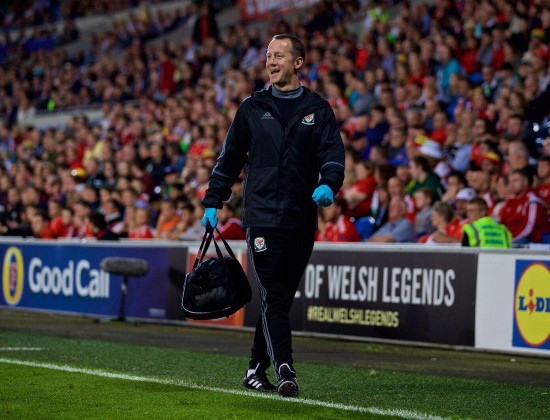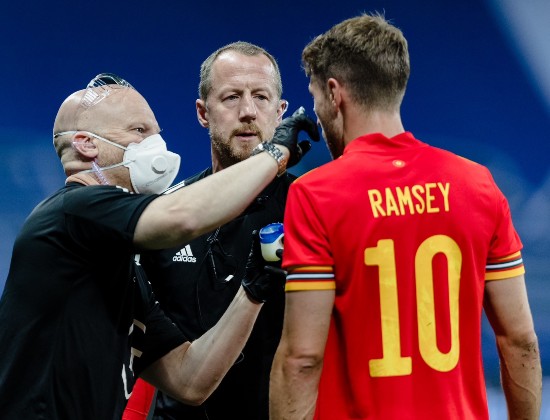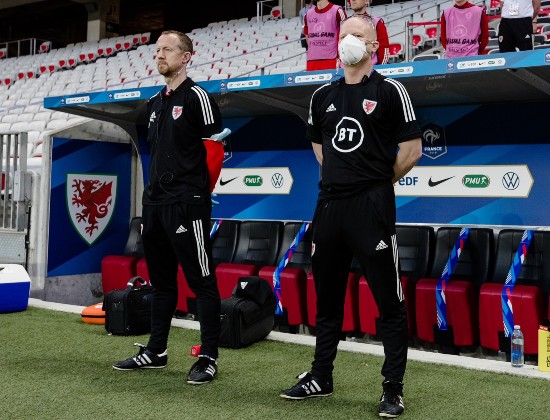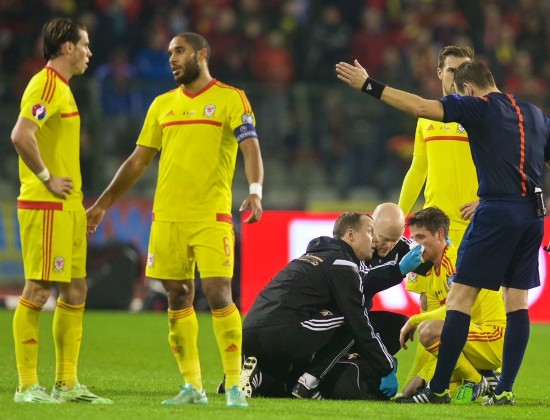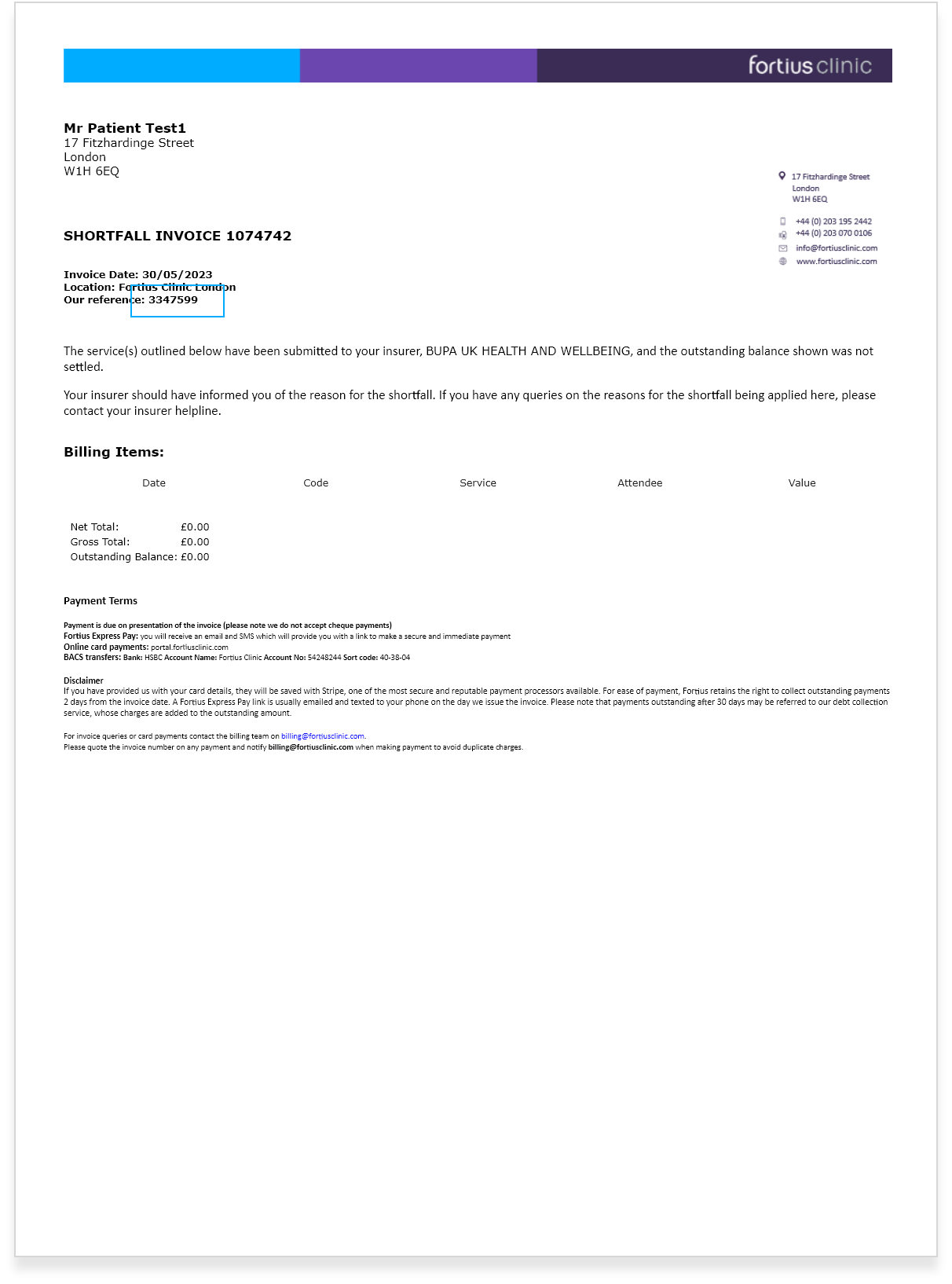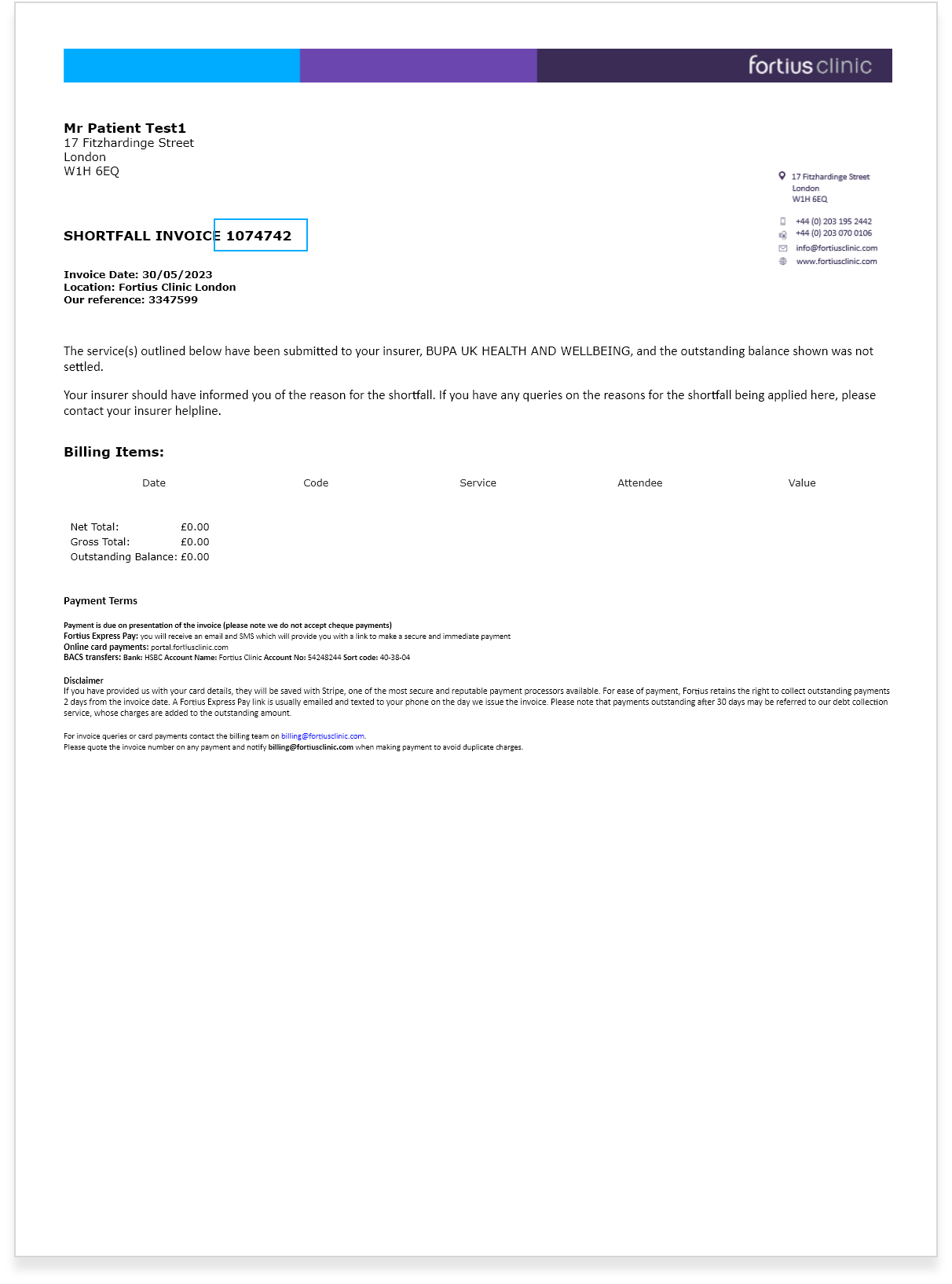Euro 2020: My role with the Wales National Team
11 June 2021
With the UEFA Euro 2020 tournament kicking off a year later than planned across Europe this weekend, Fortius Consultant in Sports Medicine and Rheumatology Dr Jon Houghton is currently in Baku, Azerbaijan performing his duties as Chief Medical Officer to the Wales National Team. We spoke to Dr Houghton to find out more about his role with the Wales team and what kind of impact a high-intensity tournament like the Euros can have on an elite footballer.
What does your role as Chief Medical Officer to the Wales National Team involve?
"Essentially I work as the head doctor for any time in the year that there are international fixtures. Normally there are 5-6 international camps per year lasting around 10 days where players are released from clubs to play for their international team. We have a squad of 25-30 players and around 20 staff including coaches, doctors, physios, soft tissue therapists, sports scientists, analysts, kit men and admin.
"During those 10 day camps I’m responsible for any injury concerns working closely with our head physiotherapist Sean Connelly. We are responsible for ensuring all players are fit to train each day and fit to play in each match (normally 3 matches per camp), liaising closely with the manager and coaching staff. During every training session and matches we cover any injuries on the pitch and their onward management.
"I am also responsible for any other medical concerns, coughs and colds etc although we have drafted in our matchday emergency doctor, Rhod Martin, full-time since the COVID-19 outbreak to help manage the threat of infection to the players and staff."
How does a national team doctor role differ to that of a club doctor?
"One of the great things about a national team role is that I get to work at the very top level of football which is the worlds biggest sport. However, following a camp we hand over to the player’s club’s medical staff and I can come back to Fortius and get back to my day job. That way I get the exposure and experience of multiple sports injuries and working within the Fortius multidisciplinary team, yet work at the very top level of international sport. A club role is very much a 24/7 role, but I think I would get frustrated with only looking after 30 athletes who are generally well and would miss seeing fresh injuries and new problems on a daily basis."
What kind of impact could the unusually busy football season have had on an elite footballer’s body?
"The biggest risks since COVID have been the disruption to normal training followed by periods of high intensity games and fixture congestion. Injury risk goes up when the chronic training load (long-term) is low and acute load (short-term) is high which is why the stop-start seasons have proved difficult for a lot of players. Normally, professional footballers will have around 6 weeks off over the summer to recharge and so international tournaments during the summer brings additional stress to the body. This increases risk of overload where we see more in the way of tendon and muscle injuries."
With high-stakes games being played every 3-4 days in an international tournament, is there a higher risk of certain injuries occurring than during regular international fixtures?
"To be honest we normally have 3 fixtures in 6-7 days now in most international camps. Most money in football comes from TV and the more fixtures that can be televised, the more profit can be made. UEFA introduced the Nations League a few seasons ago which now means that there are less meaningless friendlies, but more competitive fixtures where injury rates are higher. Indeed, UEFA injury studies over the years show a greater injury rate in the higher profile, more elite competitions so the intensity involved in tournament often leads to a higher injury rate."
How much preparation goes into a major tournament from a medical team’s perspective?
"Normally there is a lot of preparation from all departments and our Head of International Affairs, Mark Evans, has been eating, sleeping and dreaming Euros since we qualified over 18 months ago. The hardest issue has been keeping the players and staff safe from COVID and in a “relative COVID bubble”. It is impossible to rule out any risk and although our players are young and fit, so unlikely to be very unwell, the disruption to the team is immeasurable. We have very strict protocols to try to prevent infected players or staff entering our bubble so hopefully this will pay off. You can see what affect a positive case has on preparation with the Spanish side recently having to field an under 21 side as the main squad were self-isolating. I think COVID-19 will still play a role in some of the outcomes of this tournament.
"I am lucky to work for an international team with an excellent manager, respectful and appreciative players, fantastic support staff and a top class medical team. Sean, Jimmy, Rhod, Chris, Paul, Will, Matt and Ceri all bring something different in their experience and skill. Our motto In 2016 was Together Stronger and it is this sort of team spirit that enables a tiny country to compete at the absolute top level."
